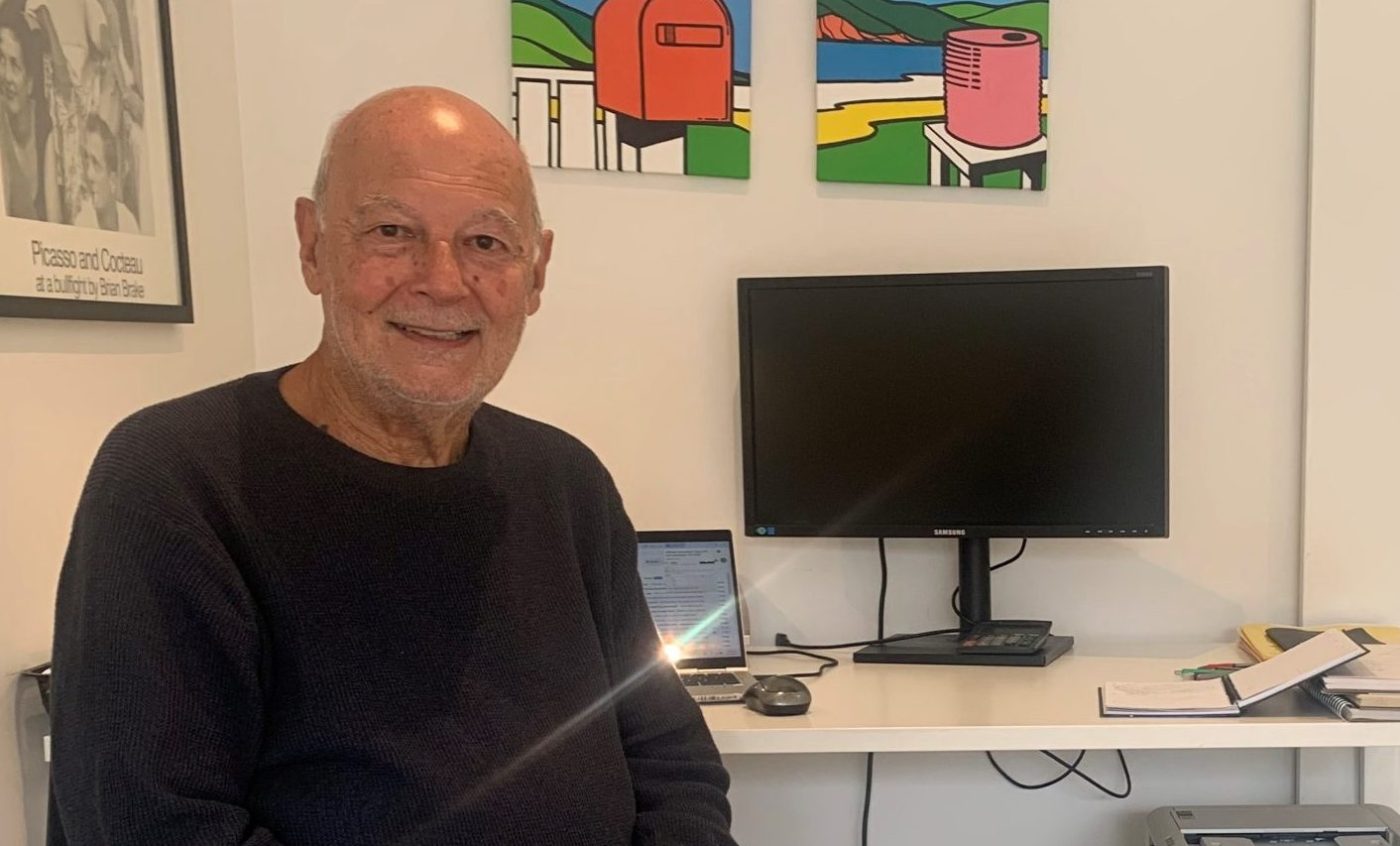|
Getting your Trinity Audio player ready...
|

- By Kerry Lee, freelance journalist
With unemployment rising, is there any hope for jobseekers aged 50 and above?
By the time I entered journalism, I was already 30 years old.
Studying at Unitec was eye-opening for me as most of my classmates were a decade younger and by the time I graduated I was already considered middle-aged.
Since then, I’ve applied for hundreds of jobs, only to get just a handful of rejection letters in return.
Despite university-level qualifications I always came up short, and while I never wanted to think about the idea of being too old, the thought was never far away.
While the Human Rights Act 1993 prohibits age discrimination in the workplace, a New Zealand Seniors Report written in 2023 revealed that 71 per cent believed ageism did exist, and it would only get worse in due course.
Why is this, and what can be done about it?
I put these questions to Ian Fraser, the Auckland-based founder of Seniors at Work, who helps mature people to find employment.
Fraser formed the website six years ago after losing his job as a managing director of what he described as a smallish company specialising in corporate hospitality.
After the business ran into some difficulties, it was forced to close and Fraser found himself looking for a new job.
“At that stage, I was confident I could find work, because all my working life had been in management, and I’d been involved with three start-ups,” he says.
“I was 57 or 58 at the time. I applied for 75 positions and got just three interviews.”
Eventually, he decided to set up a platform to help people who were in his situation who were older and struggling to find work.
“My (target) market was 60 plus, but I had so many people in their 50s contact me and say, ‘can I apply for this job?’ … and of course the answer was yes.
“So, Seniors at Work is dedicated to assisting people in their 50s and over in finding work.
“I knock on (potential) employers’ doors and encourage them to list positions on our platform, and then I encourage mature job seekers to go for those listings.”
While he acknowledges it’s harder for those over 50 to find work, his advice is to stay positive and prepare for the roles they’re applying for.
This means having an up-to-date resume, which is well formatted, and the language used in their resumes is current.
“I have templates on my website, or people can get someone to help for about $75 to change their CV,” Fraser says.
“One of the little tricks is if someone sends me a bad one, I go to ChatGPT and I say I want to update, modernise, and format this CV, it comes back in five seconds and it’s really good.
“I go back to the person and say, ‘don’t use this as is, tweak it now, and make sure it reflects who you are’.
“Not putting too much of their work history, it’s a lesson I learnt the hard way.
“I was quite proud of the work I did in the 1970s, but recruiters said they’re only interested in the last 10 to 12 years, so if they’re doing a CV, make sure it doesn’t cover too much of their history.
“The CV covering letter – you’ve got to do a covering letter when applying for a job.
“You can’t just roll out the same one, you’ve got to personalise it to the role you’re applying for.
“You can have a base template, but you’ve got to make sure it’s personalised.
“Research the company you want to work for and have two or three questions ready if you get to the interview stage.
“If they get the opportunity to get re-training courses, whether it’s in tech or otherwise, grab them.
“They’ve got to give themselves the best possible chance. It’s very hard for mature people at the moment.”
To find out more about Seniors at Work go online to https://seniorsatwork.nz/.









